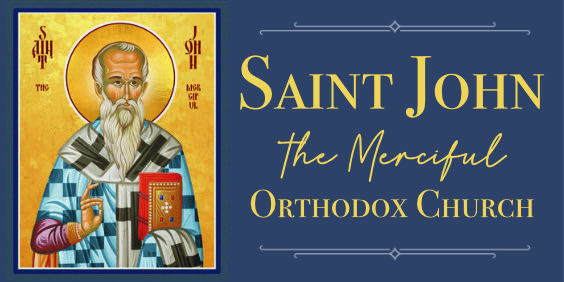The Orthodox Church’s essential beliefs (dogmatic theology) has remained constant over time, with the same core beliefs revealed to man by God in the Scriptures and New Testament texts are re-articulated to address needs in the life of the Church in many early creeds and early doctrinal texts such as the Didache (1st century A.D.) as well as early patristic texts like the work Against Heresies (2nd century) by St. Irenaeus of Lyons, who was a spiritual child of St. Polycarp of Smyrna who was the spiritual child of St. John the Apostle and Evangelist.
We see the best example of this in the 4th century, where the rise of the Arian heresy (Arius and his followers taught that Jesus Christ was a created being and not eternally begotten and of one essence with God the Father) created enough controversy in the Church that St. Constantine the Great called the First Ecumenical Council in Nicea in 325 A.D. to address the Arian problem. Each of the seven ecumenical councils from 325 to 787 A.D. addressed issues that had come up in the Church by articulating the faith revealed by God to address the new controversies, and the statements of the first two ecumenical councils resulted in the formation of the Nicene-Constantinopolitan Creed which has been the classic litmus test for if one is considered a Christian. It is normally referred to simply as The Nicene Creed.
The Nicene Creed
I believe in one God, the Father Almighty, Maker of heaven and earth, and of all things visible and invisible;
And in one Lord Jesus Christ, the Son of God, the Only-begotten, Begotten of the Father before all ages, Light of Light, True God of True God, Begotten, not made; of one essence with the Father; by whom all things were made: Who for us men and for our salvation came down from heaven, and was incarnate of the Holy Spirit and the Virgin Mary, and became man; And was crucified also for us under Pontius Pilate, and suffered and was buried; And the third day He rose again, according to the Scriptures;And ascended into heaven, and sits at the right hand of the Father; And He shall come again with glory to judge the living and the dead, Whose kingdom shall have no end.
And in the Holy Spirit, the Lord, and Giver of Life, Who proceeds from the Father, Who with the Father and the Son together is worshipped and glorified, Who spoke by the Prophets;
And in one, holy, catholic, and apostolic Church. I acknowledge one Baptism for the remission of sins I look for the Resurrection of the dead, and the Life of the world to come. Amen.

Additional Resources
- Essential Orthodox Christian Beliefs – This is the new (June 2023) one-volume book to explain the Orthodox faith for 21st century audiences. Some of the text is still being revised for print, but you can download the 250-page PDF and this is the text we are using in our Inquirer and Catechumen classes for those who wish to become Orthodox Christians.
- The Orthodox Faith – This is a 4-volume book series explaining the Orthodox faith written by Fr. Thomas Hopko in the 1980s and the entire text is free to read online and is also available for purchase in paperback.
